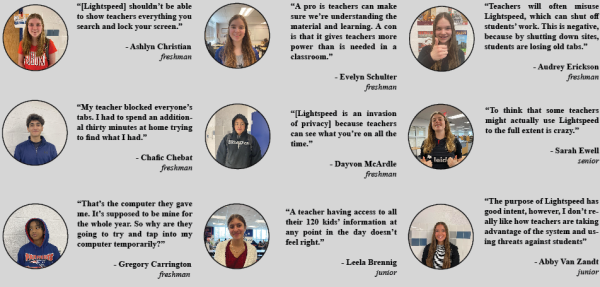Stop with the projects
English project; history group project; math tests; oh my!
Everyone always looks forward to the teacher workdays after a quarter comes to a close. Not just because it means two days off from waking up at the crack of dawn, but also because it gives students the chance to recharge after the previous week of stress overload.
Having seven classes is already stressful, but throw in all of the tests and projects that, inevitably, are due on the exact same day, and what should be just a normal quarter of high school becomes a race against time to get in those research papers and PowerPoint presentations before the bell rings on the last day of the quarter.
Beyond the typical individual project that most teachers employ, WS teachers have begun to make use of the all-time favorite group project. We all know what this means: take a quick look to your left and right to find your best friend who you obviously want to work with, and then find the overachiever in the class who will do all of the work while you sit back and check Twitter. I mean, why not? You still get the credit for the project.
That’s great and all, if you’re not the one having to do all of the work. Group projects, although seemingly fun, are just a recipe for stress and disaster. Between having to coordinate with two or three other people, splitting up work evenly, and then having to rely on each person to do their part or risk a negative effect on the overall grade, group projects just make simple assignments that much harder. Then, of course, these nearly impossible projects get added to the ten-foot high stack of assignments that has been growing since day one.
In theory, assigning a project at the beginning of the quarter and having it due at the end is a great idea, but let’s be real: teenagers are awful at time management. We all do it. We go home, ready to bang out a couple of essays and that math homework, but then we get side-tracked by every colorful or moving object within a 20-mile radius. What we really need is some coordination between teachers so that we don’t end up with two history projects, two books and a presentation in English, a math test, that lab write up you forgot existed until your teacher asked for it and the Spanish homework you no comprendo all needing attention at the same time.
There are nine weeks in the quarter. That’s plenty of time to get everything done without having hours and hours of homework each night. All we need is just some simple communication between the people behind the projects.





